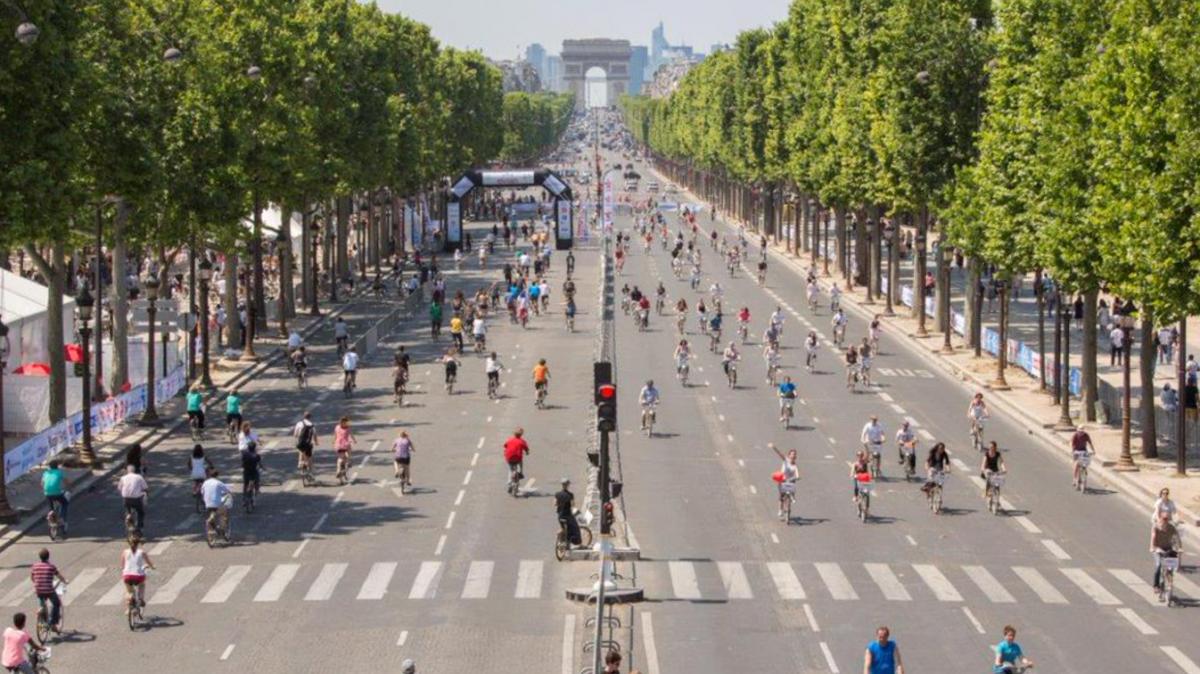There are no products in your shopping cart.
| 0 Items | £0.00 |


Ayo Akinfe
[1] Earlier this week, Nigeria's Federal executive Council decided to introduce toll plazas on selected dual carriageways to help fun road maintenance and construction. I fully support this new tax but would rather see that money invested in a railway network and public transport
[2] With crude oil now considered an unnecessary pollutant we need to reduce car usage. Across the world, more and more cities are going car-free and we need to follow suit in Nigeria. At the very least, every city is phasing out petrol and diesel cars and going for electronic automobiles. Lagos simply has to lead the way with this. It is one of the most congested cities in the world and needs to come up with a radical plan that includes an underground metro, bicycles, electric busses and car-free zones. Other large cities like Ibadan, Kano, Kaduna, Enugu, Benin, Port Harcourt, Maiduguri, etc must them follow suit. Going forward, every state should have a target of building at least one car-free City!
[3] In late 2016, Madrid's Mayor Manuela Carmena reiterated her plan to kick personal cars out of the city centre. She confirmed that Madrid's main avenue, the Gran Vía, will only allow access to bikes, buses and taxis before she leaves office in May 2019 as part of a larger effort to ban all diesel cars in Madrid by 2025. Lagos at the very least needs this
[4] Oslo also announced plans to permanently ban all cars from its city center in 2019. The Norwegian capital will invest heavily in public transportation and replace 35 miles of roads previously dominated by cars with bike lanes
[5] in Chinese city Chengdu, only half the roads in the 80,000-person metropolis will allow vehicles
[6] In the German city of Hamburg, over the next two decades, The authorities will reduce the number of cars by only allowing pedestrians and bikers to enter certain areas. The project calls for a gruenes netz, or a "green network," of connected spaces that people can access without cars. By 2035, the network will cover 40% of Hamburg and will include parks, playgrounds, sports fields and cemeteries
[7] Today, over half of Copenhagen's population bikes to work every day, thanks to the city's effort to introduce pedestrian-only zones starting in the 1960s. The Danish capital now boasts more than 200 miles of bike lanes and has one of the lowest percentages of car ownership in Europe
[8] In the French capital Paris, the mayor plans to double its bike lanes. Already, selected streets are only available to electric cars. Paris also introduced its first car-free day in 2015 and it instituted a car-free Sundays rule in May 2016
[9] Most streets that surround Brussels' city square, stock exchange, and Rue Neuve (a major shopping street) have always been pedestrian-only. The roads make up the second largest car-free zone in Europe, behind Copenhagen
[10] In April 2016, Mexico City's local government decided to prohibit a portion of cars from driving into the city center two days every work week and two Saturdays per month. It determines which cars can drive on a given day using a rotating system based on license plate numbers